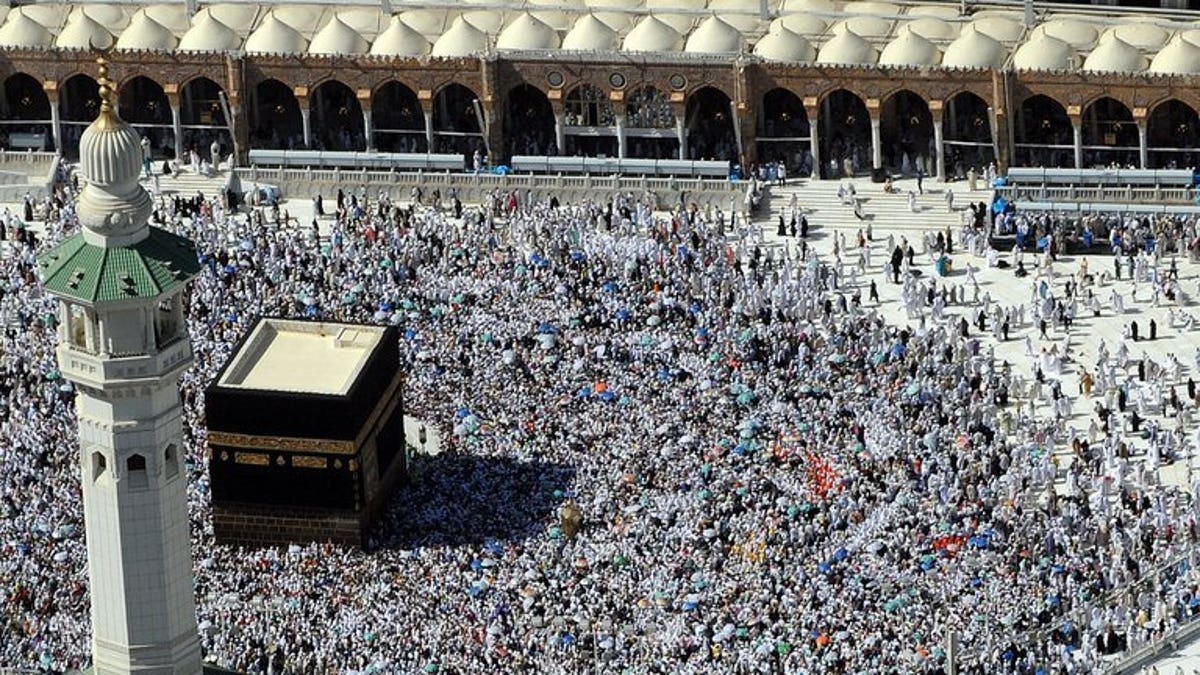
Muslim pilgrims walk around the Kaaba at the Grand Mosque during the annual Hajj pilgrimage in Mecca, on November 7, 2011. (AFP/File)
RIYADH (AFP) – Saudi authorities are optimistic that October's hajj pilgrimage to the kingdom, one of the world's annual largest gatherings, will pass without outbreaks of the deadly MERS coronavirus, the health minister said Saturday.
The virus, which appeared first in the kingdom last year, has killed 58 people worldwide, 49 of them in Saudi Arabia, according to official Saudi figures and the World Health Organisation (WHO).
But "we are optimistic we can achieve yet another success as the hajj pilgrimage season nears" after the minor pilgrimage season during the fasting month of Ramadan "succeeded despite health challenges such as the coronavirus," said Abdullah al-Rabia.
No MERS outbreaks were recorded at last year's hajj, nor during the Umrah season in July and August of this year.
Saudi Arabia has "longstanding experience" dealing with health challenges brought by the large numbers of people who come to the kingdom -- home to Islam's holiest sites.
Around two million people are expected at this year's hajj, which begins on October 13 and lasts five days.
Authorities have urged the elderly and chronically ill to avoid the event and have reduced the number of people they will allow to perform come.
The WHO said on Thursday it had been informed of 132 lab-confirmed cases of MERS, including the deaths.
With the exception of a cluster of cases in the eastern town of Al-Ihsa, the focal point of the outbreak has been the capital, scientists said Friday in an online report published on The Lancet.
Experts are struggling to understand MERS, for which there is still no vaccine.
It is considered a cousin of the SARS virus that erupted in Asia in 2003 and infected 8,273 people, nine percent of whom died.
Like SARS, MERS is thought to have jumped from animals to humans, and it shares the former's flu-like symptoms -- but differs by also causing kidney failure.
